An Herbal Approach: The Cardiovascular System
Why the Cardiovascular System Matters
When you think of the cardiovascular system, the heart likely comes to mind first. This vital system powers our existence, evident in every heartbeat. It’s responsible for circulating nutrients, removing metabolic waste, and working in tandem with the circulatory system to move blood throughout the body. If the heart falters, so does life itself.
Maintaining heart health is essential—and nature offers a rich apothecary of herbs to support a strong cardiovascular system. From antioxidant-rich botanicals to calming nervines and vascular tonics, herbal remedies have long been used to nourish the heart and its pathways.
The Heart, the Sun & Herbal Energetics
Across cultures and centuries, the heart has been symbolically linked to the sun—radiant, central, life-giving. Under the Doctrine of Signatures, plants with sun-like blooms were believed to support heart health. One such was dandelion, its blossoms still highly revered for their cardiotonic actions.
In this post, we’ll explore the anatomy of the cardiovascular system, common imbalances, and herbal therapeutics that support heart, vein, and capillary health.
How the Cardiovascular System Works
The cardiovascular system is a beautifully intricate network composed of the heart and a vast array of blood vessels: arteries, veins, arterioles, venules, and capillaries. Together, these vessels transport oxygen, nutrients, and waste throughout the body—sustaining life with every beat.
At the center of it all is the heart, a muscular organ with four chambers:
The upper chambers are called the atria
The lower chambers are called the ventricles
Here’s how blood flows through this system:
The right ventricle pumps blood to the lungs for oxygenation
The left atrium receives oxygen-rich blood from the lungs
The left ventricle sends that oxygenated blood out to the body
The right atrium collects deoxygenated blood to begin the cycle again
Arteries carry oxygenated blood away from the heart (typically shown as red), while veins return deoxygenated blood (typically blue). The smallest vessels—capillaries—are where nutrient and gas exchange takes place, connecting every cell in the body to this vital flow.
Electrical Impulses & Cardiac Rhythm: The Pulse of Life
At the heart of this system is a rhythmic miracle: electrical impulses that ripple through cardiac muscle, triggering a cascade of contraction and relaxation. These bioelectric signals keep blood moving in a continuous, life-sustaining flow.
To trace this rhythm, we begin at the left ventricle, where oxygen-rich blood exits into the aorta. From there, large arteries branch outward, dividing into smaller arterioles, and eventually into capillaries. As these vessels shrink in size, they expand in reach—forming a vast, cellular network that touches nearly every part of the body.
It’s within the capillaries—those microscopic bridges between cells—that nutrient and oxygen exchange occurs. This is the system’s essential purpose: to deliver nourishment and remove waste. Without this exchange, life would cease.
The heart, through its electrical rhythm, is more than a pump—it’s a conductor of vitality. Each beat sends a wave of energy through the vascular system, linking organ to organ, cell to cell, moment to moment. It is, quite literally, the pulse of life.
Imbalance in Cardiovascular Health
You can imagine that an imbalance in this action, the pumping of the heart, would throw off the whole system. On the other side of the system, the extensions webbing out into our extremities are just as important. When our veins or capillaries become obstructed or strained the system is just as impeded as when the heart falters. When the cardiovascular system needs a little support you can turn to plants! There are many powerful remedies known as overall cardiotonics that can be used to maintain cardiovascular health. Although the best thing to keep your heart healthy is to exercise on a regular basis.
Herbal Delivery Methods for Heart Health
Administering herbal remedies for cardiovascular support is simple and versatile:
Tinctures (alcohol or apple cider vinegar-based) offer potent, fast-acting benefits
Oxymels combine vinegar and honey for a palatable, daily tonic
Infusions & teas provide gentle, sustained support
👉 Explore my formulation guides for tinctures and oxymels to learn more.
Herbal Therapeutics for the Cardiovascular System
So how can plants aid us in our cardiovascular health? The answer lies in their diverse phytochemical profiles and energetic actions. From antioxidant-rich herbs that protect vessel walls to nervines that calm the heart’s rhythm, botanical medicine offers a multifaceted approach to supporting circulation, heart function, and vascular integrity.
Antioxidants: Cellular Defense for Arterial Health
Antioxidants are compounds that neutralize free radicals—unstable molecules with unpaired electrons that can damage cells and tissues through oxidative stress. In the cardiovascular system, this oxidative damage contributes to atherogenesis, the formation of plaque within arterial walls.
By donating electrons to reactive molecules, antioxidants stabilize them and prevent further cellular disruption. This protective action helps maintain the elasticity of blood vessels, reduces inflammation, and supports overall heart health.
Key antioxidant allies include:
Vitamin E (fat-soluble): protects lipid membranes, supports arterial flexibility
Vitamin C (water-soluble): regenerates other antioxidants, supports collagen synthesis in vessel walls
Green tea: rich in catechins, supports endothelial function
Rosemary and thyme: culinary herbs with potent antioxidant activity
Dandelion root: high in polyphenols, supports liver detoxification and vascular resilience
Antioxidants are foundational for preventing long-term cardiovascular degeneration and are especially important for those managing high cholesterol, inflammation, or oxidative stress.
Calming Herbs: Nervines for Heart Rate and Emotional Regulation
The heart is exquisitely sensitive to emotional states. Anxiety, stress, and overstimulation can elevate heart rate, constrict vessels, and disrupt healthy rhythm. Calming herbs—especially nervines—help regulate the nervous system and soothe the cardiovascular response.
These herbs may act as:
Sedatives: slowing heart rate and calming the mind
Spasmolytics: easing muscular tension in the heart and vessels
Tonics: restoring long-term nervous system balance
Botanical allies include:
Motherwort (Leonurus cardiaca): slows heart rate, calms racing thoughts, mildly sedative
Chamomile (Matricaria recutita): gentle nervine, anti-inflammatory, supports digestion and emotional ease
Linden (Tilia spp.): cooling, relaxing, mildly hypotensive
Passionflower (Passiflora incarnata): supports parasympathetic tone, eases palpitations
These herbs are especially helpful for individuals experiencing stress-induced hypertension, anxiety-related tachycardia, or emotional heart strain.
Cardiotonics: Strengthening the Heart as a Muscle
Cardiotonics are herbs that directly support the structure and function of the heart. They may improve contractility, enhance circulation, and protect cardiac tissue from degeneration. Many also offer antioxidant and anti-inflammatory benefits, making them ideal for long-term heart support.
Key cardiotonic herbs include:
Hawthorn (Crataegus spp.): improves coronary circulation, strengthens cardiac muscle, reduces blood pressure
Dandelion (Taraxacum officinale): supports liver and kidney detoxification, reduces fluid retention, high in polyphenols
Yarrow (Achillea millefolium): circulatory stimulant, anti-inflammatory, supports capillary integrity
Tulsi (Ocimum sanctum): adaptogenic, cardioprotective, balances stress response
Cardiotonics are ideal for those with mild heart weakness, low circulation, or a family history of cardiovascular disease. They’re also deeply supportive during times of emotional grief or heart-centered transition.
Vascular and Capillary Tonics: Strengthening the Flow
The vascular system—veins, arteries, and capillaries—relies on elasticity, tone, and permeability to function optimally. Herbs that support vascular integrity can reduce blood pressure, prevent stagnation, and improve nutrient delivery to tissues.
Herbs that support vascular tone include:
Goldenrod (Solidago spp.): astringent, anti-inflammatory, lowers blood pressure, high peroxide scavenging activity
Rue (Ruta graveolens): nervine and spasmolytic, supports capillary permeability, eases palpitations and fatigue
Horse chestnut (Aesculus hippocastanum): venotonic, reduces swelling, improves vein elasticity
Gotu kola (Centella asiatica): supports microcirculation, collagen synthesis, and capillary repair
These herbs are especially helpful for varicose veins, edema, capillary fragility, and sluggish circulation.
Coronary Artery Support: Cholesterol and Plaque Prevention
Coronary artery health is essential for preventing heart attacks and maintaining long-term cardiovascular resilience. Herbs that regulate cholesterol, reduce inflammation, and prevent plaque buildup are key players in this category.
Botanical allies for coronary care include:
Cinnamon (Cinnamomum spp.): shown to reduce LDL cholesterol and blood sugar levels, especially in diabetic patients
Garlic (Allium sativum): lowers blood pressure, reduces cholesterol, improves arterial elasticity
Turmeric (Curcuma longa): anti-inflammatory, supports endothelial function, reduces oxidative stress
Artichoke leaf (Cynara scolymus): supports liver detoxification, regulates lipid metabolism
These herbs are ideal for individuals managing high cholesterol, metabolic syndrome, or a family history of coronary artery disease.
Final Thoughts: Herbal Heart Care as Daily Ritual
The cardiovascular system is more than anatomy—it’s the pulse of our vitality. By integrating herbal allies into your daily routine, you can nourish your heart, calm your nervous system, and support circulation from root to crown.
Whether through tinctures, teas, or oxymels, plant medicine offers a gentle yet powerful way to care for your heart. Let this be your invitation to explore herbal cardiovascular support as both science and ritual.

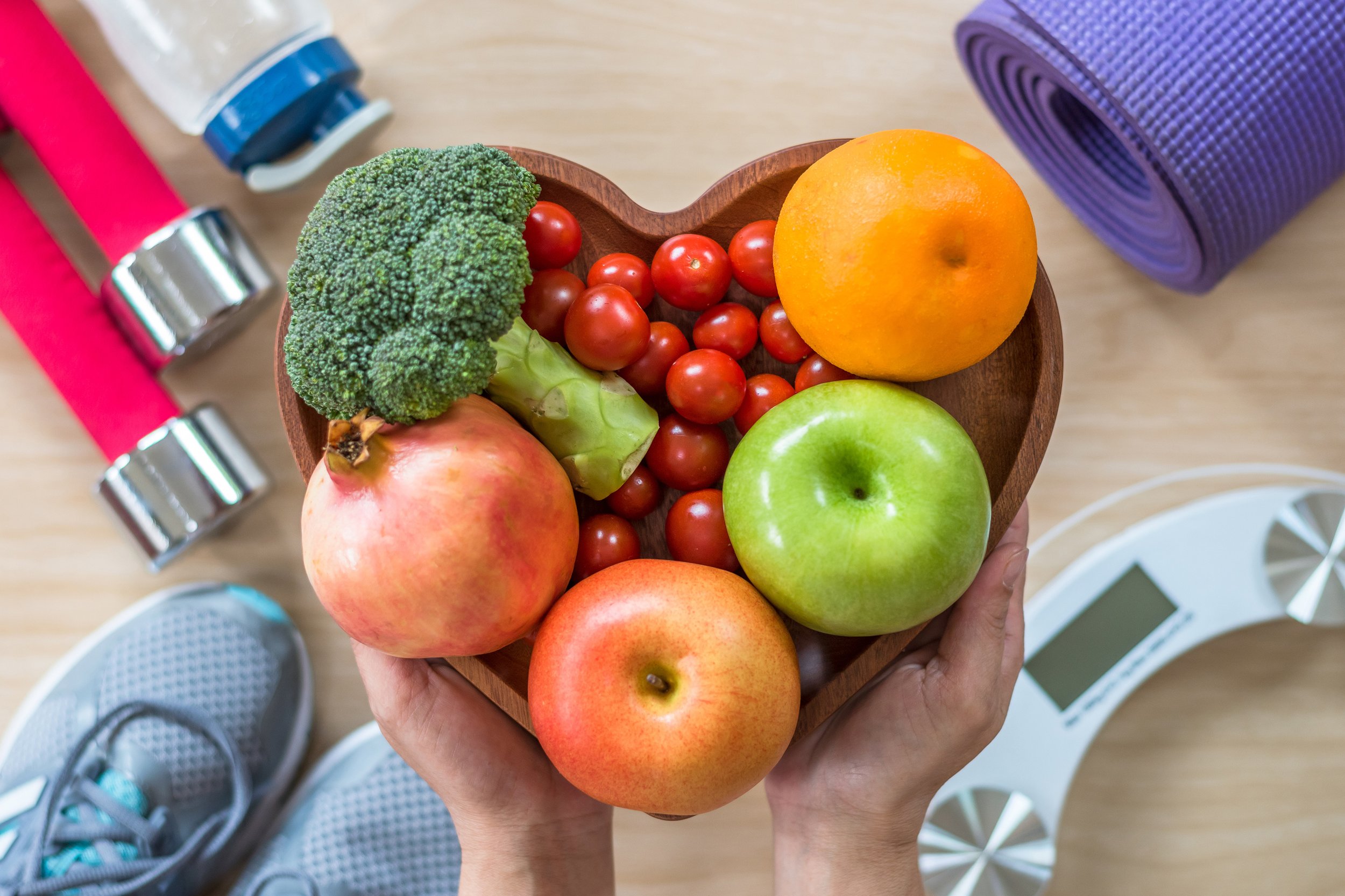
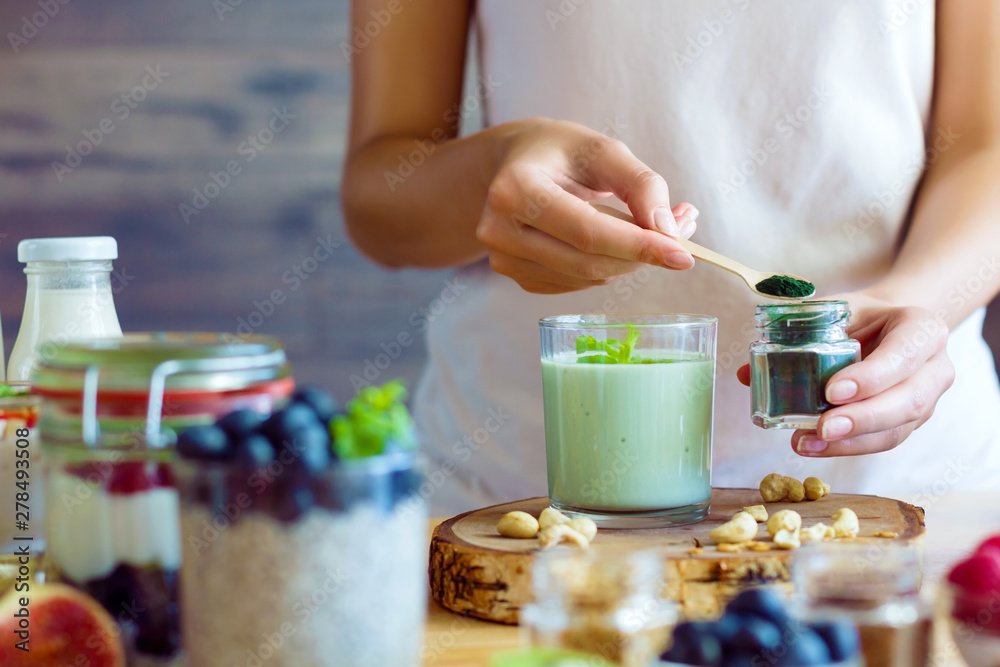








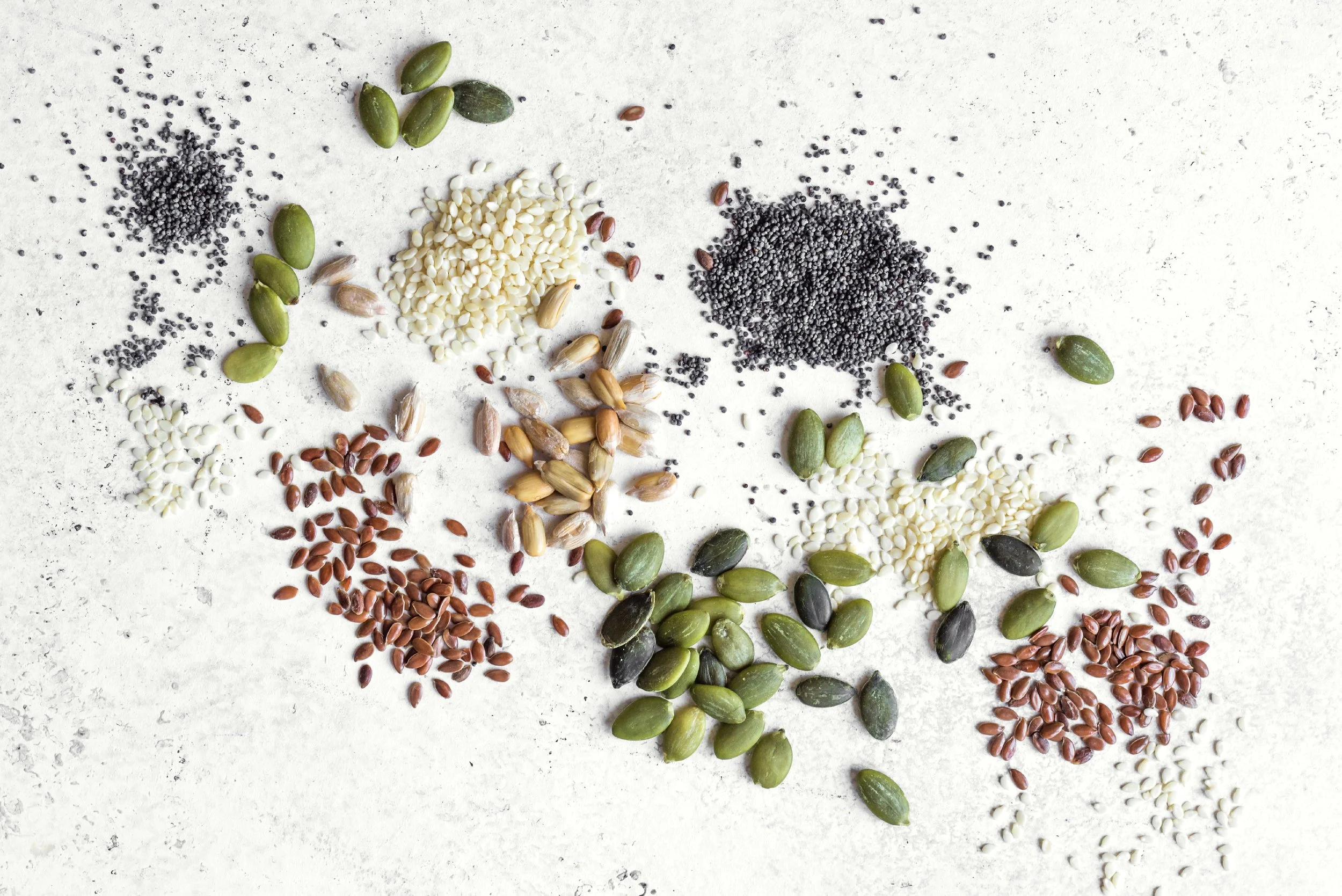
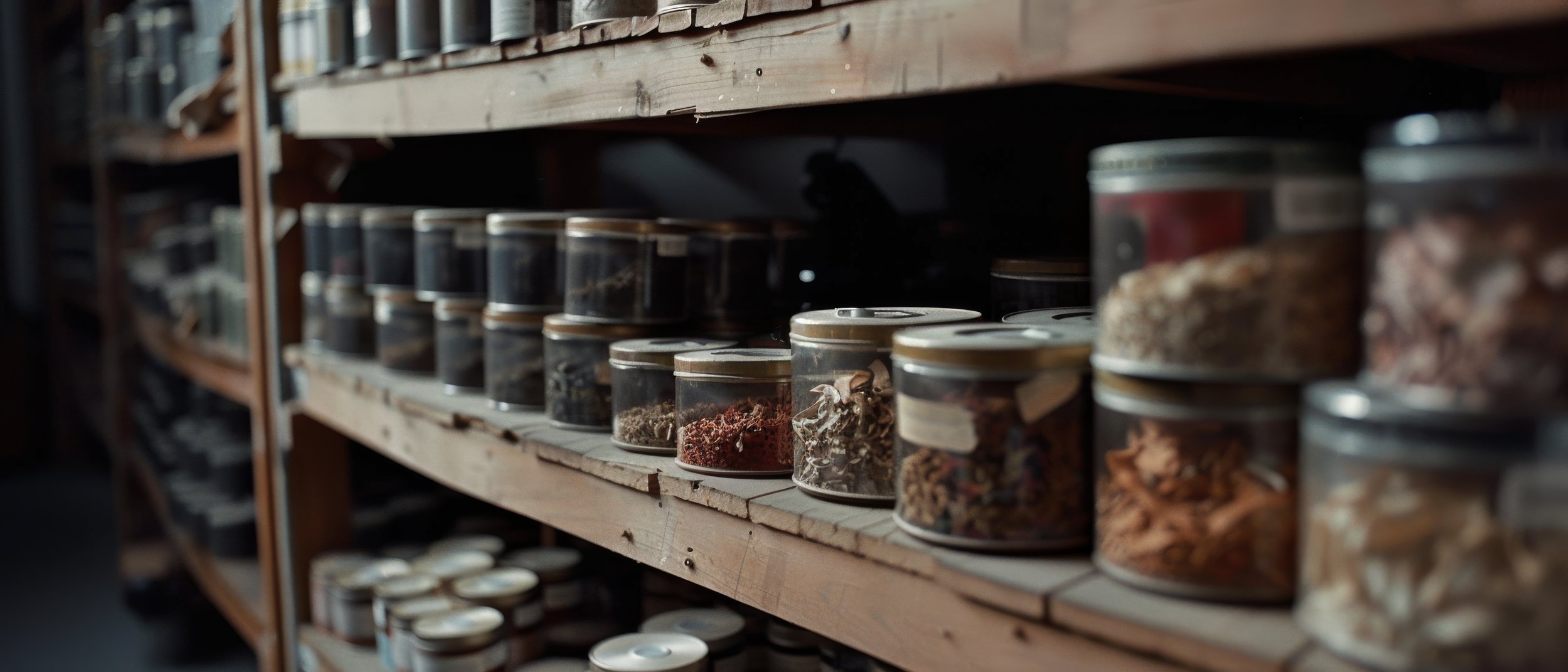
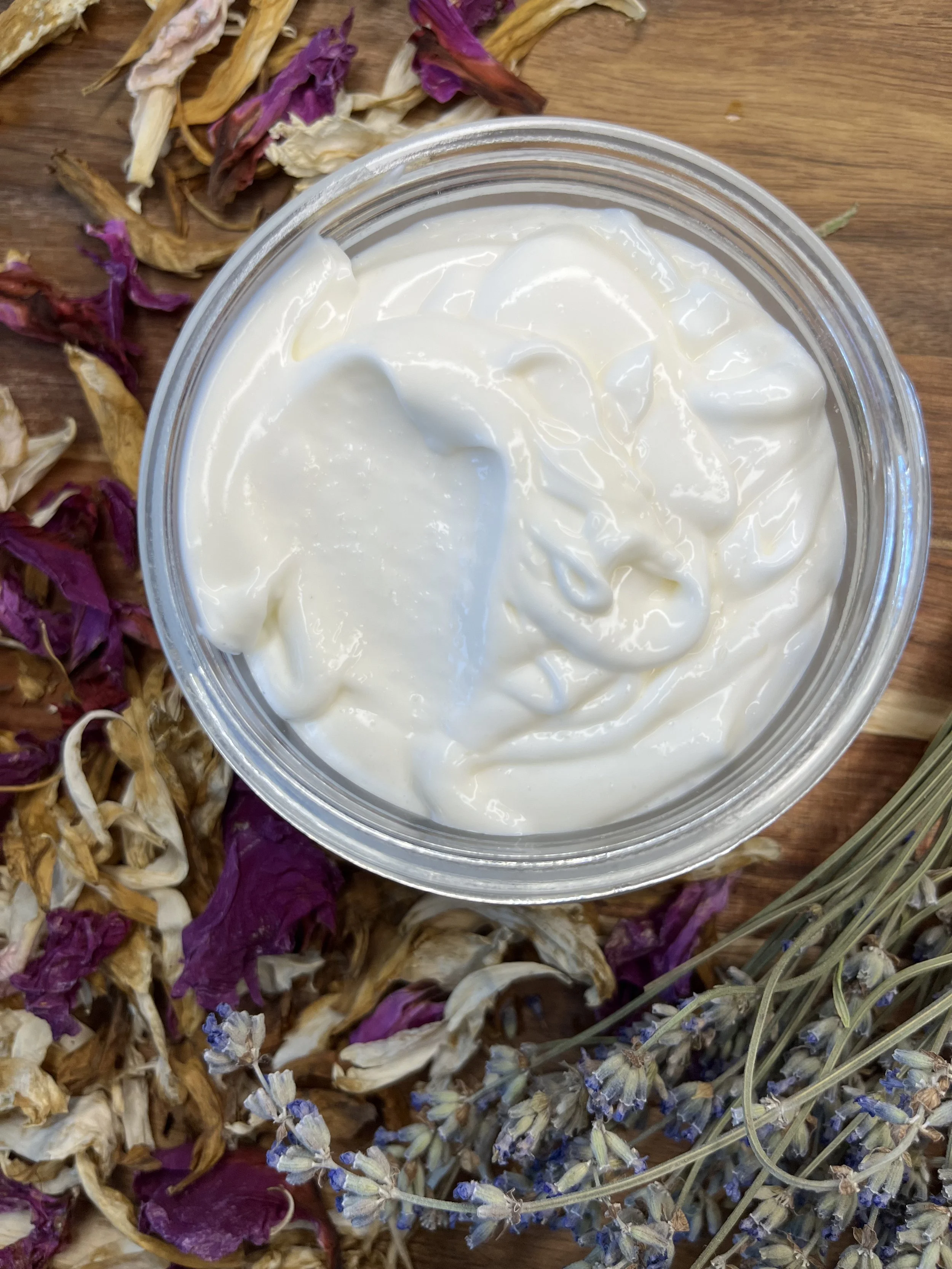
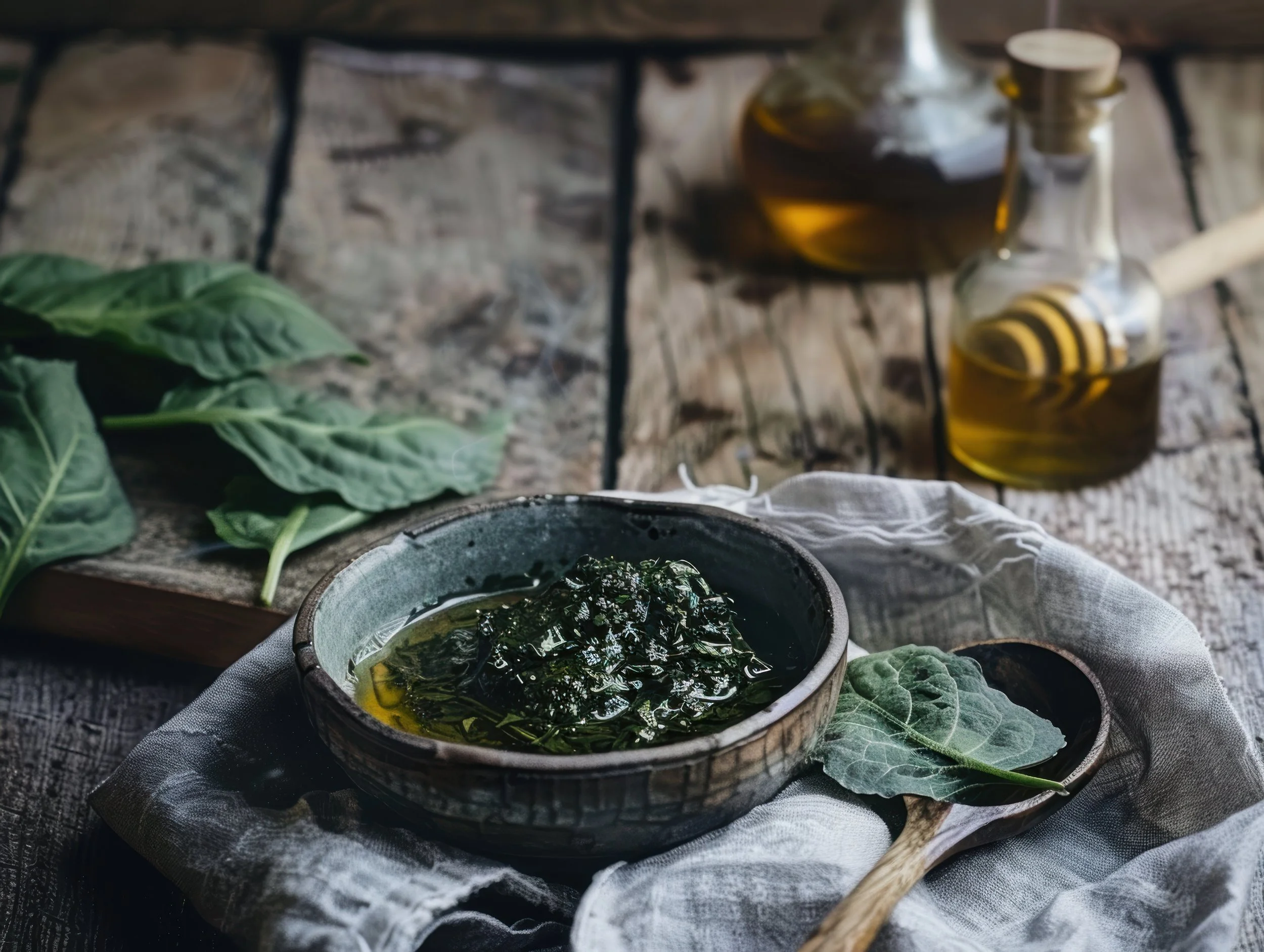
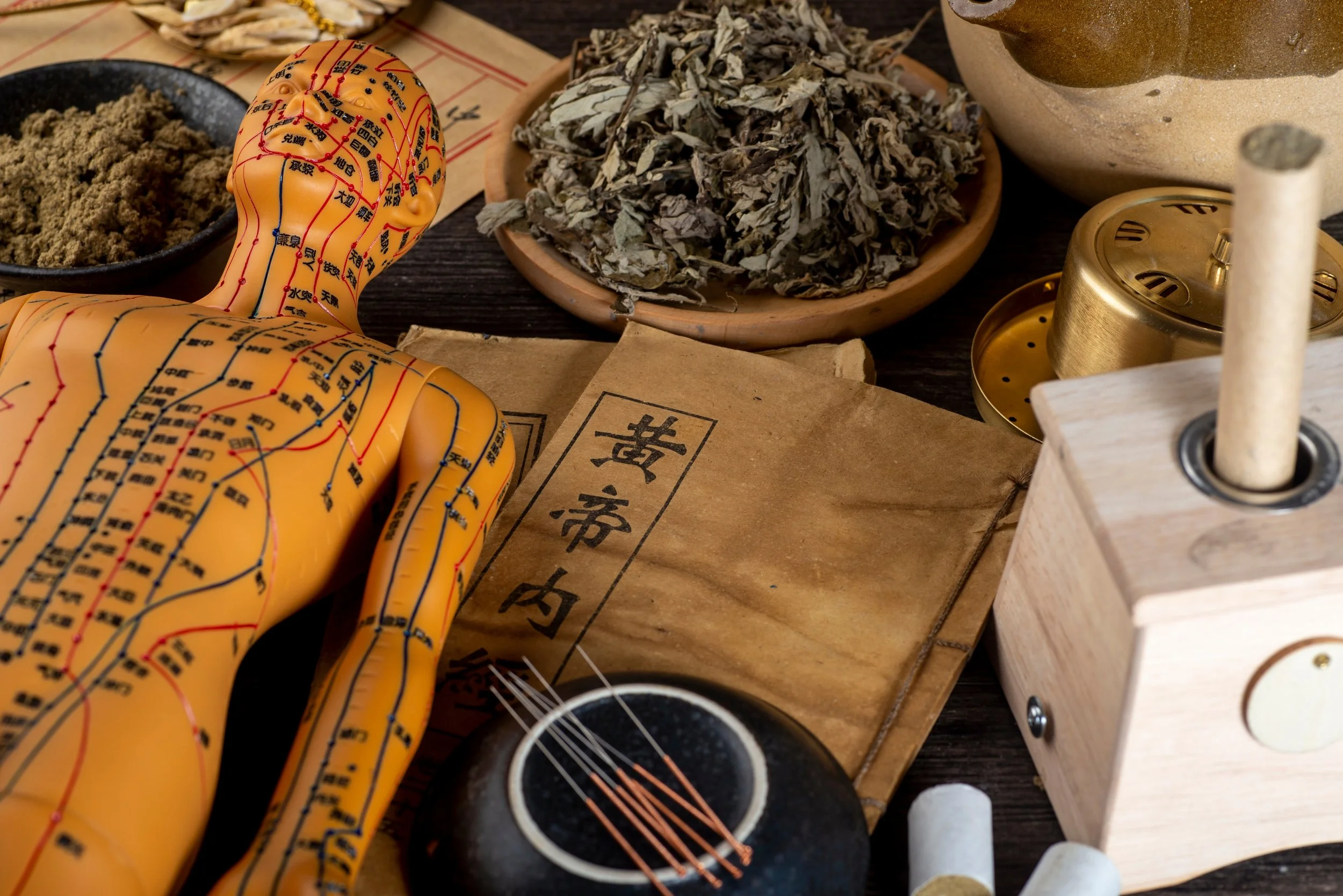
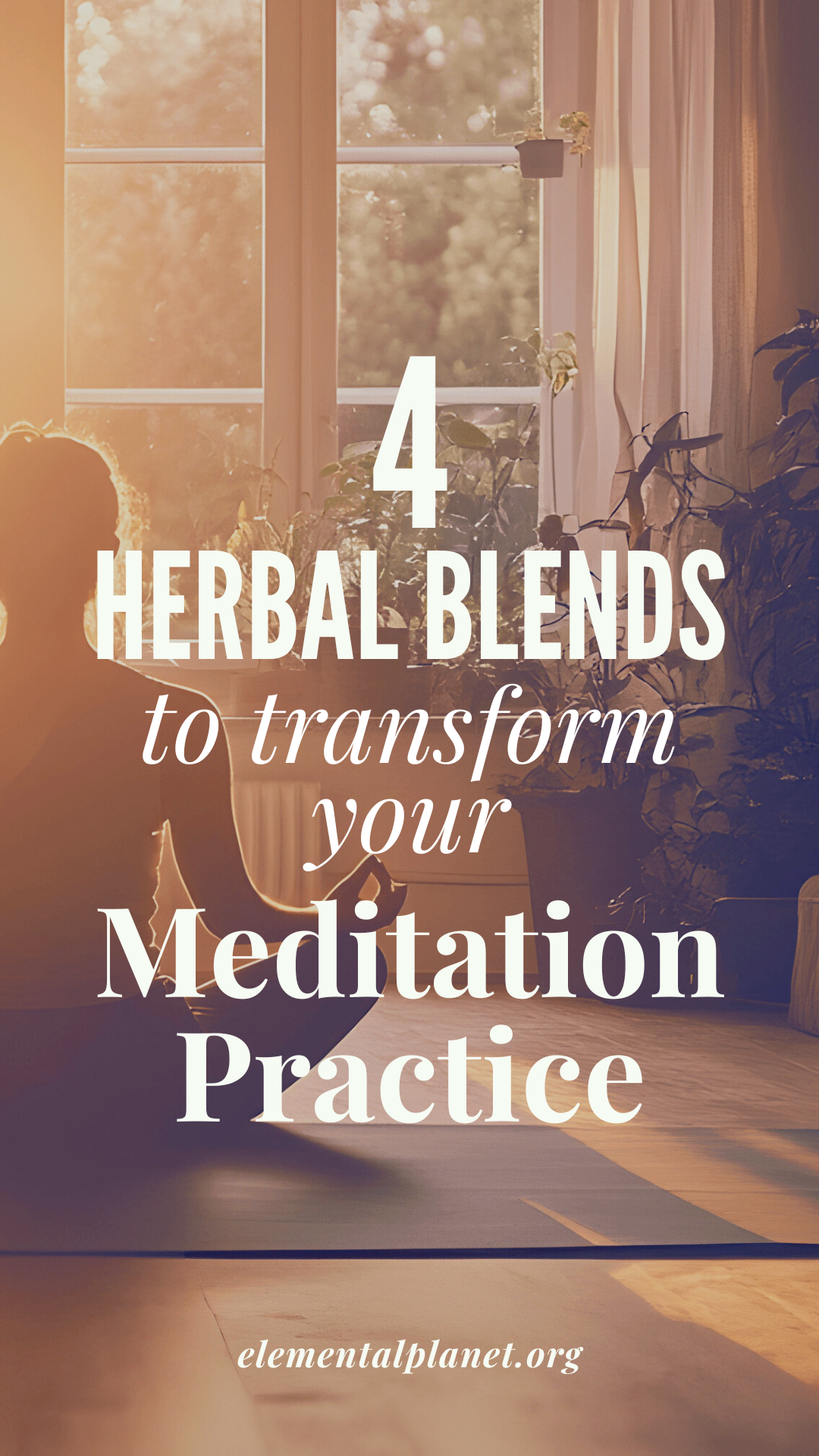

Hello and welcome! I'm Eve, a Chemist turned Herbalist, sharing the wonders of plant medicine and botanical skincare. Join me on this journey to Learn, Create, and Align your Divine!